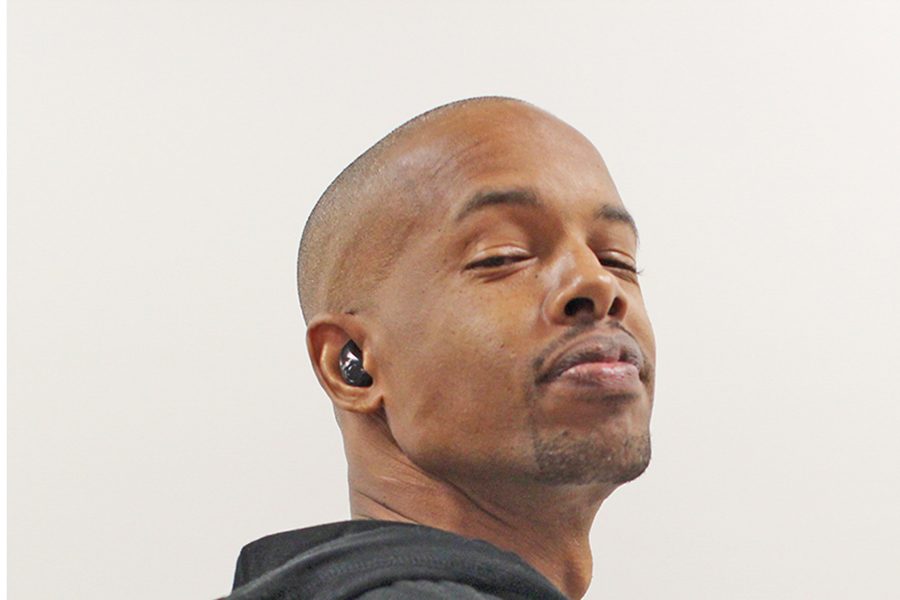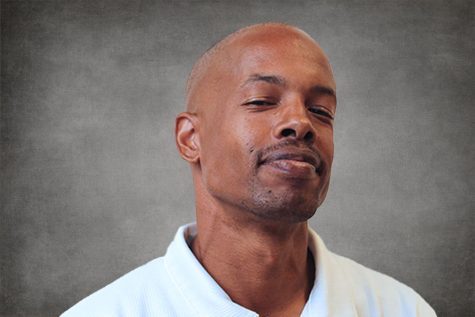Coverage is proof revolution will not be televised
National divide over anthem protest continues to grow
Oct 21, 2016
Nearly eight weeks have passed since Colin Kaepernick was spotted sitting silently alone as his teammates stood for the national anthem before the third San Francisco 49ers’ preseason football game.
Since then, players from various sports and all walks-of-life have joined the 28-year-old’s protest to raise awareness to end systematic oppression and police brutality. Despite the growing number of athletes willing to use their platform as a means of support, media coverage of the protests has been sparse at best.
Ingrained in our collective psyche is the mantra, “The revolution will not be televised,” but when (according to data compiled by the Washington Post) more than 60 people were killed by police in the first 22 days of Kaepernick’s protest against such violence, it would seem more media coverage of the protests would be deemed necessary.
Faux outrage by paper patriots sought to derail the message behind the protest by labeling early supporters of the grievance, who were predominately black, as unpatriotic.
The notion to skew Kaepernick’s intended message resonated with flag-waving nationalists who continue to hold these views of blacks as unpatriotic even after the quarterback met with former Green Beret and NFL player Nate Boyer.
The meeting, which resulted in the quarterback taking a knee instead of sitting, altered the protest to show deference to current and veteran soldiers.
Despite Kaepernick repeatedly saying his protest is not anti-military or anti-American, the seeds of resentment were sewn — judgment had been passed.
Less attention was paid to the validity of his argument than to the idea that blacks were averse to patriotism. The unlearned masses forget that on a cold March night in 1770, a black man, Crispus Attucks, stood up to British soldiers and took a bullet for the rough draft idea of what America could possibly become.
Blacks have fought and died in every American conflict dating back to before the union was established, despite knowing second-class status is all they would receive upon returning home.
Attucks is known as the first causality in the American Revolutionary War.
This fascination with perceived patriotism has less to do with denying history and more to do with denying African-American people justice.
Black people fighting for equal rights is never received well by the masses, but leaders are readily revered after they are no longer a threat. In most cases this occurs after death.
Earlier this year when Muhammad Ali died, Americans waxed poetically about the merits of his rebelliousness. Yet in the midst of his dissent in the 1960s, Ali was labeled every anti-American slur imaginable. He also lost his ability to earn a living.
Tommy Smith and John Carlos raised black gloves on the medal stand in the 1968 Summer Olympics in the most memorable sports protest in history.
The act, a move to highlight human rights violations, earned the duo permanent expulsion from the United States Olympic program.
Kaepernick potentially faces the same fate as Ali, Carlos and Smith.
An anonymous poll of NFL executives found that 90-95 percent of teams would want nothing to do with the stigmatized quarterback following his protests to shed light on the plight of minorities in America.
For voicing his concerns, in what is hailed as “the land of free speech,” Kaepernick may eventually be robbed of his ability to earn a living in football.
If history holds true, Kaepernick will get the respect that he deserves for igniting a host of socially volatile conversations. But sadly, he might not be able to receive it in this lifetime.



